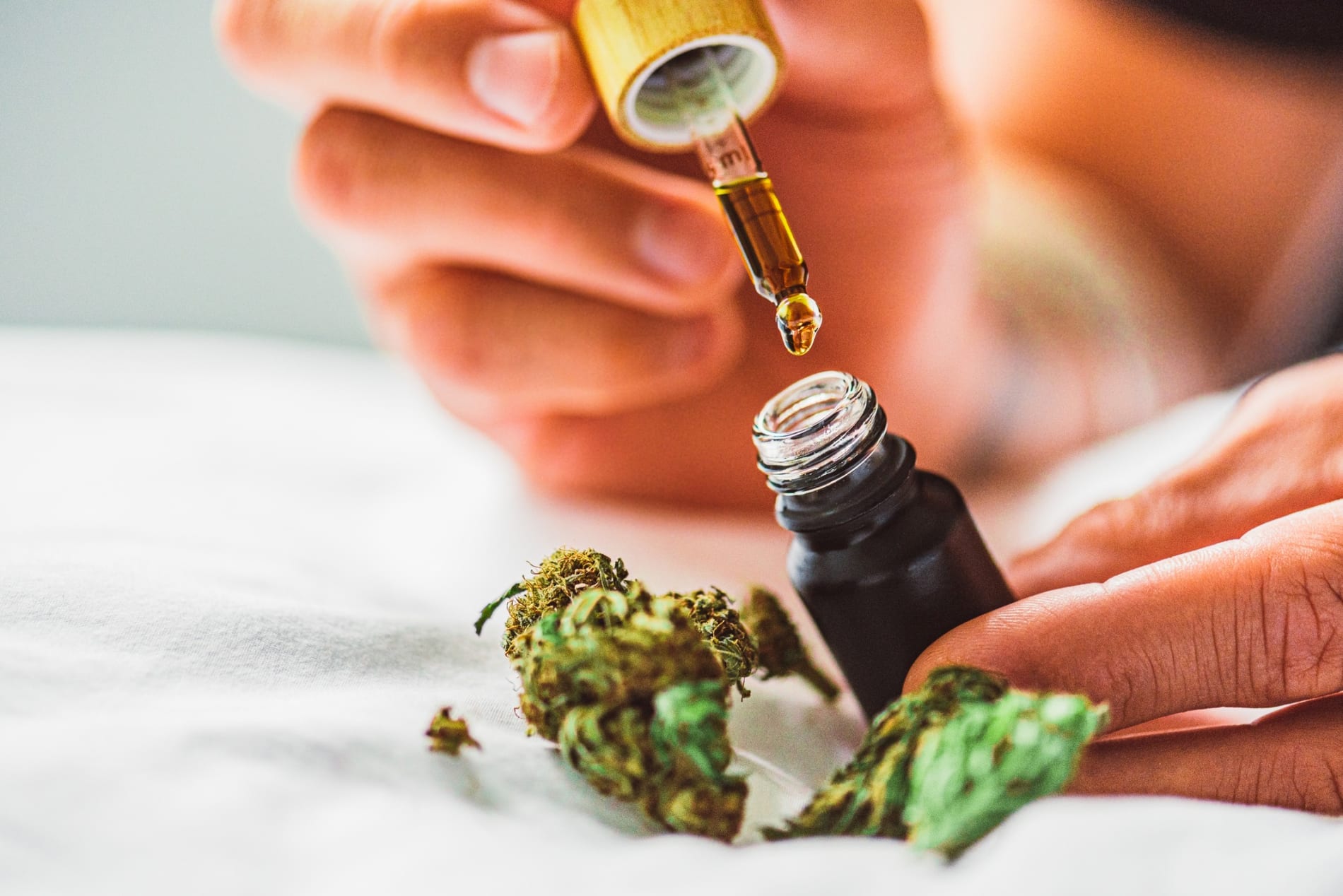Recognizing the Legal Landscape Surrounding Medical Cannabis Worldwide
You're most likely aware that attitudes towards medical marijuana are shifting globally, but the legal structures can be complicated. Some nations have welcomed it, while others continue to be purely opposed. Comprehending these differences is vital, particularly as patient needs and public assumptions evolve. What drives these differences, and how do they effect accessibility for individuals looking for relief? The answers may amaze you.
Historic Context of Clinical Marijuana Regulations
As you explore the historic context of medical marijuana regulation, you'll find that its origins stretch back thousands of years. Ancient cultures, from the Chinese to the Greeks, recognized marijuana for its medical residential or commercial properties.
Fast forward to the 19th century, when Western medicine started to accept marijuana more commonly. Physicians suggested it for whatever from migraines to labor discomforts. The very early 20th century saw a shift, as societal perceptions changed, leading to more stringent guidelines and stigmatization.
Understanding this abundant history aids you value the intricacies of modern medical cannabis regulations. It's a trip with time that reveals the progressing partnership in between culture and this effective plant.
Existing Lawful Status by Region

North America Summary
Steering through the landscape of clinical marijuana legislations in North America exposes a jumble of laws that vary substantially by region. In the United States, some states have fully welcomed medical cannabis, allowing patients access through dispensaries, while others preserve rigorous restrictions. Steering via these diverse legislations can be difficult, as each territory has its own demands for obtaining clinical marijuana, including certifying problems and application processes.
Europe's Diverse Regulations
Guiding through the legal landscape of clinical cannabis in Europe can be complex, given the considerable variations in guidelines throughout various nations. In some countries, like Germany and Italy, clinical cannabis is easily accessible and legal with a prescription. Others, such as France, have a lot more limiting plans, allowing just minimal access with specific tests. The UK has actually additionally made strides, allowing specific cannabis-based medications, but the procedure remains difficult. Nations like the Netherlands welcome a much more liberal approach, though formal regulations still lag behind. As you explore these varied guidelines, it is critical to stay informed, as legislations can transform quickly and differ greatly from one country to another. Recognizing these subtleties can help you browse the evolving landscape successfully.
Asia-Pacific Legal Trends
The Asia-Pacific region showcases a swiftly advancing landscape for medical cannabis regulations, showing a mix of dynamic and traditional methods. Nations like Australia and New Zealand have actually accepted legalisation, offering controlled access to medical cannabis. In Australia, patients can acquire prescriptions, while New Zealand just recently passed a referendum to permit clinical use.
On the various other hand, countries like Japan and South Korea maintain more stringent policies, permitting only limited access to cannabis-derived products. Despite these constraints, public opinion is shifting, with raising phone calls for reform.
As you navigate this complicated landscape, remain informed about regional laws, as they can vary substantially from one nation to one more, influencing individual gain access to and market growth in the region.
Key Countries Blazing A Trail in Clinical Cannabis
As you check out the landscape of clinical marijuana, you'll discover a number of countries setting impressive legalization turning points. These countries not only establish regulatory frameworks that guarantee safe access however additionally lead the means in medical research study advancements. Recognizing their methods will offer you useful understandings into the future of cannabis usage in medical care.
Legalization Landmarks Attained
While numerous nations face the complexities of marijuana policy, a number of have actually made significant strides in legalizing medical cannabis, setting crucial precedents. For instance, copyright ended up being a leader in 2001, permitting individuals access to clinical cannabis, leading the way for other nations. In 2018, Australia did the same, developing a structure for prescription marijuana, which has since expanded. Germany signed up with the activity in 2017, allowing doctors to suggest clinical marijuana to patients in need. In the United States, numerous states have actually legislated clinical marijuana, creating a jumble of legislations that influence public perception and plan - Kentucky Medical Cannabis Doctor. These landmarks illustrate a growing acceptance of medical marijuana, motivating more nations to reconsider their stances and accept possible health and wellness benefits.
Governing Structures Explained
Understanding the regulatory structures controling medical marijuana is important for comprehending how various nations approach its usage. In position like copyright, you'll locate a detailed system that includes licensing for manufacturers, rigorous quality assurance, and standards for medical care professionals. The USA provides a patchwork of regulations, with states like The golden state and Colorado leading in modern policies, yet government regulations still develop difficulties. Countries like Germany and Australia have carried out structured programs that regulate client access and farming. Each country has its own set of guidelines, which can impact whatever from recommending practices to product schedule. By familiarizing yourself with these frameworks, you can much better comprehend the global landscape of clinical cannabis.
Medical Study Advancements
Countries worldwide are making significant strides in clinical cannabis research study, resulting in Web Site a much better understanding of its restorative capacity. In the United States, institutions like the National Institutes of Health (NIH) are funding research studies on marijuana's effects on persistent discomfort and epilepsy. copyright's research efforts concentrate on recognizing exactly how marijuana can reduce signs of numerous sclerosis and cancer cells. On the other hand, Israel is known for its revolutionary research studies on cannabinoids, giving useful insights right into their medicinal residential or commercial properties. Nations such as Germany and Australia are also purchasing professional tests to explore cannabis-based therapies. As these countries push onward, you'll witness an evolution in medical techniques and a clearer image of exactly how marijuana can enhance patient outcomes internationally.
Obstacles and difficulties to Access
Accessing medical cannabis can be fraught with challenges that originate from varying state laws and regulations. You may locate that in some states, the procedure to acquire a clinical cannabis card is prolonged and difficult, calling for substantial documents or assessments with accepted doctor. In addition, also if you qualify, the variety of dispensaries can be restricted, making it difficult to discover a nearby resource.
Stigma surrounding marijuana usage can additionally develop barriers, as some doctor could be reluctant to go over or prescribe it. Additionally, insurance policy coverage for medical cannabis is usually lacking, forcing you to pay out-of-pocket. In countries where marijuana stays unlawful, the dangers of legal repercussions can discourage individuals from looking for the therapy they require. Steering via this facility landscape can really feel overwhelming, yet understanding these obstacles is important for anyone thinking about medical cannabis as a restorative option.
Impact of Clinical Cannabis on Wellness Outcomes
While many individuals stay skeptical about cannabis, research study progressively reveals its potential advantages for numerous wellness problems. You could be surprised to discover that clinical marijuana can help alleviate persistent pain, lower inflammation, and manage signs and symptoms of stress and anxiety and anxiety (Kentucky Medical Cannabis Doctor). For people battling conditions like epilepsy or multiple sclerosis, cannabis has shown significant therapeutic effects, supplying relief when conventional treatments Get More Information fall short
Moreover, studies show that some components of marijuana, such as CBD, can enhance overall high quality of life for individuals undergoing therapies like radiation treatment. It's vital to think about that specific responses to marijuana can differ commonly, so what benefit one individual might not benefit an additional. As you discover the prospective impact of clinical cannabis on wellness end results, maintain an open mind and seek advice from with healthcare specialists to tailor a treatment plan that suits your special demands and conditions.
The Role of Medical Care Providers in Individual Gain Access To
As you browse the intricacies of clinical cannabis laws, it is essential to acknowledge the crucial duty health care service providers play in person gain access to. These experts act as essential guides, assisting people recognize their options and navigate legal demands. They can examine whether medical cannabis is appropriate for your problem and supply documents required for legal access.
In addition, doctor frequently inform individuals regarding the potential benefits and dangers of cannabis use, guaranteeing notified decisions. They can recommend appropriate strains, dosages, and methods of consumption tailored to specific needs. Their support is very important, especially in regions where regulations vary substantially.

Future Fads and Forecasts for Medical Cannabis Laws
Health care providers will remain to shape the landscape of clinical marijuana legislations as they advocate for client needs and engage with policymakers. You can anticipate a growing fad in the direction of more inclusive regulation that identifies the therapeutic advantages of cannabis. As research expands, even more countries will likely embrace regulations that assist in gain access to for clients enduring from numerous problems.
Popular opinion is moving, also, with increasing approval leading the way for reform - Kentucky Medical Cannabis Doctor. You could see an increase cannabis dispensary open near me in medical marijuana programs customized to specific demographics, such as elders and veterans
Furthermore, as medical care systems integrate cannabis right into therapy protocols, insurers may start covering cannabis-related costs, further legitimizing its use.
Finally, global cooperations can emerge, bring about standard regulations and top quality control procedures. Generally, the future of clinical cannabis legislations shows up dynamic and promising, driven by evidence, advocacy, and patient-centered treatment.
Frequently Asked Questions
How Do International Treaties Affect Medical Marijuana Regulations?
International treaties can shape your country's medical cannabis legislations by setting guidelines or restrictions. When countries stick to these arrangements, it often influences local legislation, making it vital for you to remain educated on adjustments.
What Are the Legal Age Demands for Clinical Cannabis Use?
The legal age for clinical marijuana use varies by jurisdiction. In many locations, you should be at least 18, however some allow minors with parental approval. Constantly inspect regional regulations prior to waging medical cannabis.
Can Employers Fire Worker for Medical Cannabis Usage?
Yes, employers can discharge you for medical cannabis use, depending upon state regulations and firm policies. If your work needs drug testing or if marijuana impacts your performance, they may take activity. Always examine your work environment guidelines.
Exist Constraints on Medical Marijuana Marketing?
Yes, there are constraints on clinical marijuana advertising. You'll discover guidelines vary by territory, typically restricting deceptive claims and needing certain health and wellness warnings. It's vital to inspect neighborhood legislations to assure compliance before advertising.
How Do Medical Cannabis Rule Differ for Veterans?
Medical marijuana laws for professionals typically include unique provisions, enabling simpler accessibility or benefits. Some states prioritize veteran needs, while others might restrict usage. It's vital to examine your neighborhood policies for specifics.
While several countries grapple with the intricacies of cannabis regulation, numerous have made substantial strides in legalizing clinical marijuana, establishing vital precedents. In the United States, numerous states have legalized clinical cannabis, developing a jumble of laws that influence public perception and policy.Accessing clinical cannabis can be fraught with difficulties that stem from differing state laws and regulations.As you navigate the intricacies of clinical marijuana legislations, it is important to acknowledge the critical function medical care carriers play in client accessibility.Healthcare service providers will continue to shape the landscape of medical cannabis regulations as they support for patient needs and involve with policymakers.